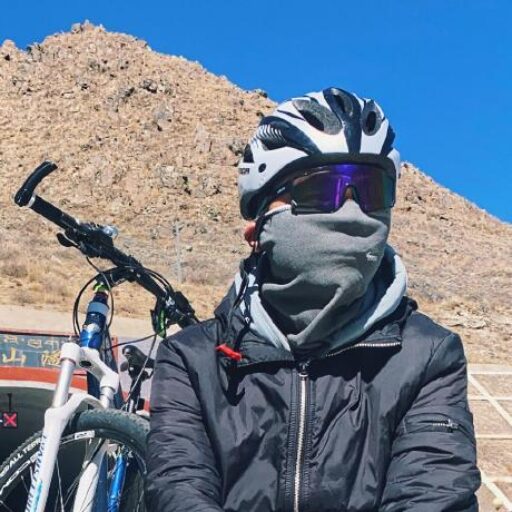准备重新读一遍462页的《人类简史》英文版,第一次看都是根据上下文猜测生词的意思,而且这么厚的一本书,陆陆续续看完,很多内容没有很好的吸收,所有这次想慢慢的看,然后将陌生单词记录下来,记录下来并不是背单词,而是更好的理解书的内容。
生词 #
About 300,000 years after they appearance, matter and energy started to coalesce into complex structures, called atoms, which then combined into molecules.
- coalesce: to unite into a whole https://www.merriam-webster.com/dictionary/coalesce
- atom: 原子 https://dictionary.cambridge.org/zhs/%E8%AF%8D%E5%85%B8/%E8%8B%B1%E8%AF%AD-%E6%B1%89%E8%AF%AD-%E7%AE%80%E4%BD%93/atom
- molecule: 分子 https://dictionary.cambridge.org/zhs/%E8%AF%8D%E5%85%B8/%E8%8B%B1%E8%AF%AD-%E6%B1%89%E8%AF%AD-%E7%AE%80%E4%BD%93/molecule?q=molecules
Certain molecules combined to form particularly large and intricate structures called organisms. The story of organisms is called biology.
- intricate: having many complexly interrelating parts or elements (complicated)
About 70,000 years ago, organisms belonging to the species Homo sapiens started to form even more elaborate structures called cultures. The subsequent development of these human cultures is called history.
- elaborate: marked by complexity, fullness of detail, or ornateness https://www.merriam-webster.com/dictionary/elaborate
- subsequent: following in time, order, or place

发表回复